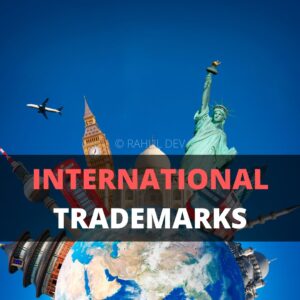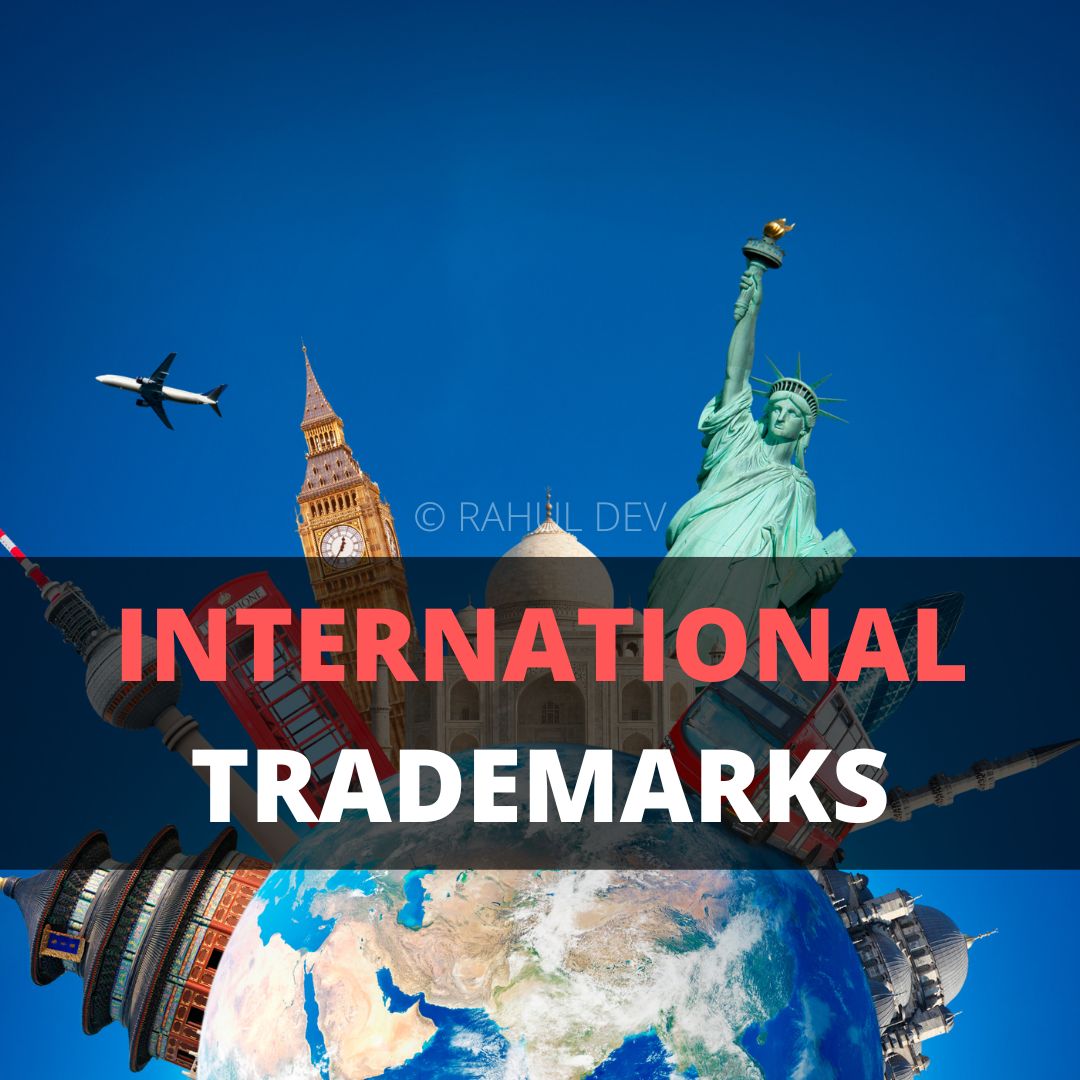International Trademark Filing for SaaS Applications
Trademarks are an important part of any business, be it SaaS (Software as a Service) applications or AI (Artificial Intelligence) and ML (Machine Learning) based tools. They are a way for software businessesto differentiate themselves from their competitors and protect the goodwill associated with their brand. A trademark is typically a word, phrase, logo or symbol that identifies and distinguishes the source of goods or services for software and technology companies.
Trademark Filing for Software and Technology Brands
A trademark is a word, phrase, symbol or design used to identify the source of goods or services. You can apply for a trademark in the United States if you are not a U.S. citizen by filing an international application with the USPTO’s Madrid Protocol Office (MOP). The MOP will examine your application as if you had filed it directly with them under U.S law and then transmit your request to the USPTO for further examination and registration if appropriate. This procedure is called “Madrid Protocol” because it’s based on agreements signed by many countries including Spain (hence the name). The benefit of filing internationally is that it makes your mark available worldwide without having to file applications in each country individually.

Priority Date and First-To-Use
The trademark filing date is the date on which you file your trademark application for software and technology brands. In order to file an international trademark for software and technology companies, your priority date must be earlier than any previously filed application in a country or jurisdiction that is part of the Madrid system. The first-to-use principle gives those who have used their marks first priority over other applicants who are seeking protection for similar marks.
Certificate of Registration
A certificate of registration is a document that gives proof that an international trademark has been registered and identifies the goods or services covered by the registration that relate to software and technology sector. It’s issued when you file your application with a government body, like the EPO, USPTO or WIPO.
Trademark Classifications for Software and Technology Sectors
The strength of trademark protection directly depends on the applicable international classification of trademarks as defined under the NICE classification of goods and services. As you might expect, the International Trademark Classifications are based on the products and services associated with your brand. For example, if your company sells a variety of software tools (SaaS, AI, ML), you would use one or more of the following classifications, including, Class 9: Websites and Mobile Applications, Class 35: business and management services, and the like.
Trademark Distinctiveness
Distinctiveness is the degree to which a mark is unique. It’s determined by the nature of the goods or services and the manner in which they are offered to the public. In order to be registered, a trademark must be distinctive (or capable of acquiring distinctiveness). When considering whether a word or phrase is descriptive for purposes of registration, you should ask yourself: “Would I expect anyone else who sells similar products or services?” If so, then your proposed mark likely won’t qualify for federal trademark protection because it would fail as being inherently distinctive (in other words, no one else can use this name).
International Trademark Filing For Global Brands
International trademark registration can help your company’s marketing and branding of technology and software products. It protects your company’s international web presence for global software clients. To protect your brand against infringement and imposters, tech companies need to adopt a trademark plan. Madrid Protocol protects trademarks across different countries. This facilitates international trademark filing. Over 90 countries have trademark protection. This is a wonderful solution for multinational firms. It’s time- and money-saving. The Madrid Protocol is preferable to national applicability. A single application with a single fee is a major benefit. You have 3-5 years of grace after filing. The Madrid Protocol doesn’t include all countries, yet it saves time and money.
As per latest statistics, research and technology are ranked either first or second in terms of industry sector for all Madrid applications. Seven of the top ten origins had health as one of the top three sectors, and four had business services as one of the top three sectors. For statistical reporting purposes, the 45 Nice classes are divided into 10 industry sectors. The largest portion (22.6%) of all classes specified in Madrid applications submitted in 2021 belonged to the scientific research, information, and communication technology sector (commonly referred to as research and technology), which also includes top Nice classes 9 and 42. Pharmaceuticals, health, and cosmetics (commonly referred to as health) came in second place with 12.9% of total filing activity, followed by business services (11%), which overtook agriculture to claim the third-place spot. Leisure and education (10.3%), which held onto fifth place, and agricultural goods and services (agriculture) (9.7%), which took sixth place, were both surpassed by clothing and accessories (10.3%), which moved up two spots to take the fourth position. Similar to previous years, the three industries that received the lowest shares of the total filing activity were chemicals (3.2%), construction (6.8%), and transportation (6%).
Our team of advanced patent attorneys assists clients with patent searches, drafting patent applications, and patent (intellectual property) agreements, including licensing and non-disclosure agreements.
Advocate Rahul Dev is a Patent Attorney & International Business Lawyer practicing Technology, Intellectual Property & Corporate Laws. He is reachable at rd (at) patentbusinesslawyer (dot) com & @rdpatentlawyer on Twitter.
Quoted in and contributed to 50+ national & international publications (Bloomberg, FirstPost, SwissInfo, Outlook Money, Yahoo News, Times of India, Economic Times, Business Standard, Quartz, Global Legal Post, International Bar Association, LawAsia, BioSpectrum Asia, Digital News Asia, e27, Leaders Speak, Entrepreneur India, VCCircle, AutoTech).
Regularly invited to speak at international & national platforms (conferences, TV channels, seminars, corporate trainings, government workshops) on technology, patents, business strategy, legal developments, leadership & management.
Working closely with patent attorneys along with international law firms with significant experience with lawyers in Asia Pacific providing services to clients in US and Europe. Flagship services include international patent and trademark filings, patent services in India and global patent consulting services.
Global Blockchain Lawyers (www.GlobalBlockchainLawyers.com) is a digital platform to discuss legal issues, latest technology and legal developments, and applicable laws in the dynamic field of Digital Currency, Blockchain, Bitcoin, Cryptocurrency and raising capital through the sale of tokens or coins (ICO or Initial Coin Offerings).
Blockchain ecosystem in India is evolving at a rapid pace and a proactive legal approach is required by blockchain lawyers in India to understand the complex nature of applicable laws and regulations.

